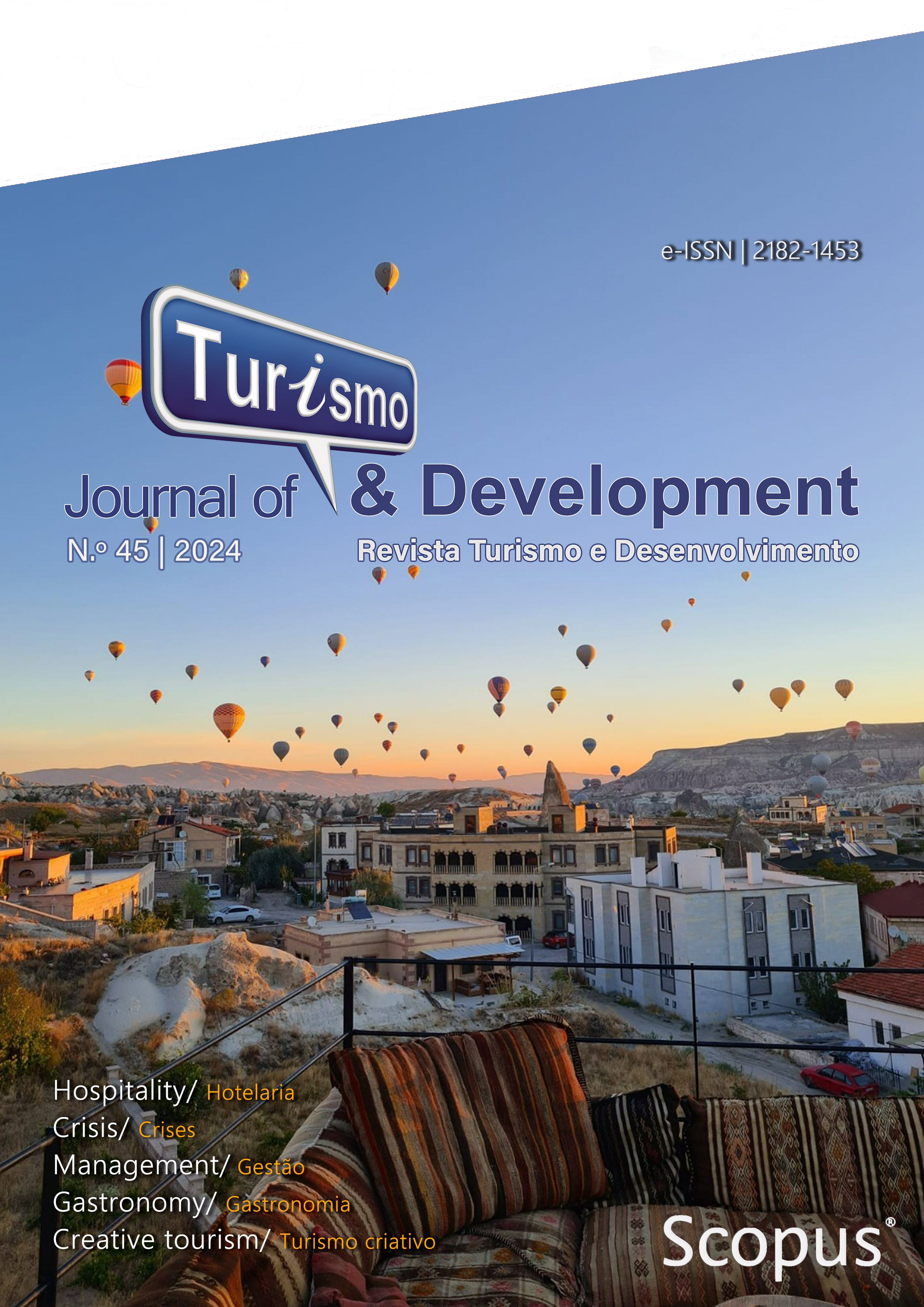Using case studies to analyze the impact of deglobalization on regional tourism
Resumo
Deglobalization is a trend of thought that seeks to reduce or reverse economic, political, and cultural integration among nations. The tourism industry depends on international cooperation, and regional tourism development is essential for economic growth in developing countries. Success depends on several external factors, including deglobalization, regional policies, international policies, and economic conditions. This paper aims to examine the effects of three representative deglobalization events (Brexit, Zero- policy, Russo-Ukrainian War) on the regional tourism industry. Through the analysis of these events, we seek to understand how deglobalization has influenced the development and dynamics of regional tourism, and shed light on the challenges and opportunities that this trend presents to the tourism sector. Through a comparison of statistical data before and after extreme events, this study aims to observe the impact of the anti-globalization trend on the development of regional tourism, and provide a comprehensive analysis of the underlying factors influencing these changes. In conclusion, the sustainability and growth of the tourism industry are influenced by international and regional policies in the short term, while long-term success depends on the interplay between tourist demand, market trends, and local resources, requiring ongoing analysis and strategic planning to balance economic goals with the preservation of ecological, cultural, and social integrity.





